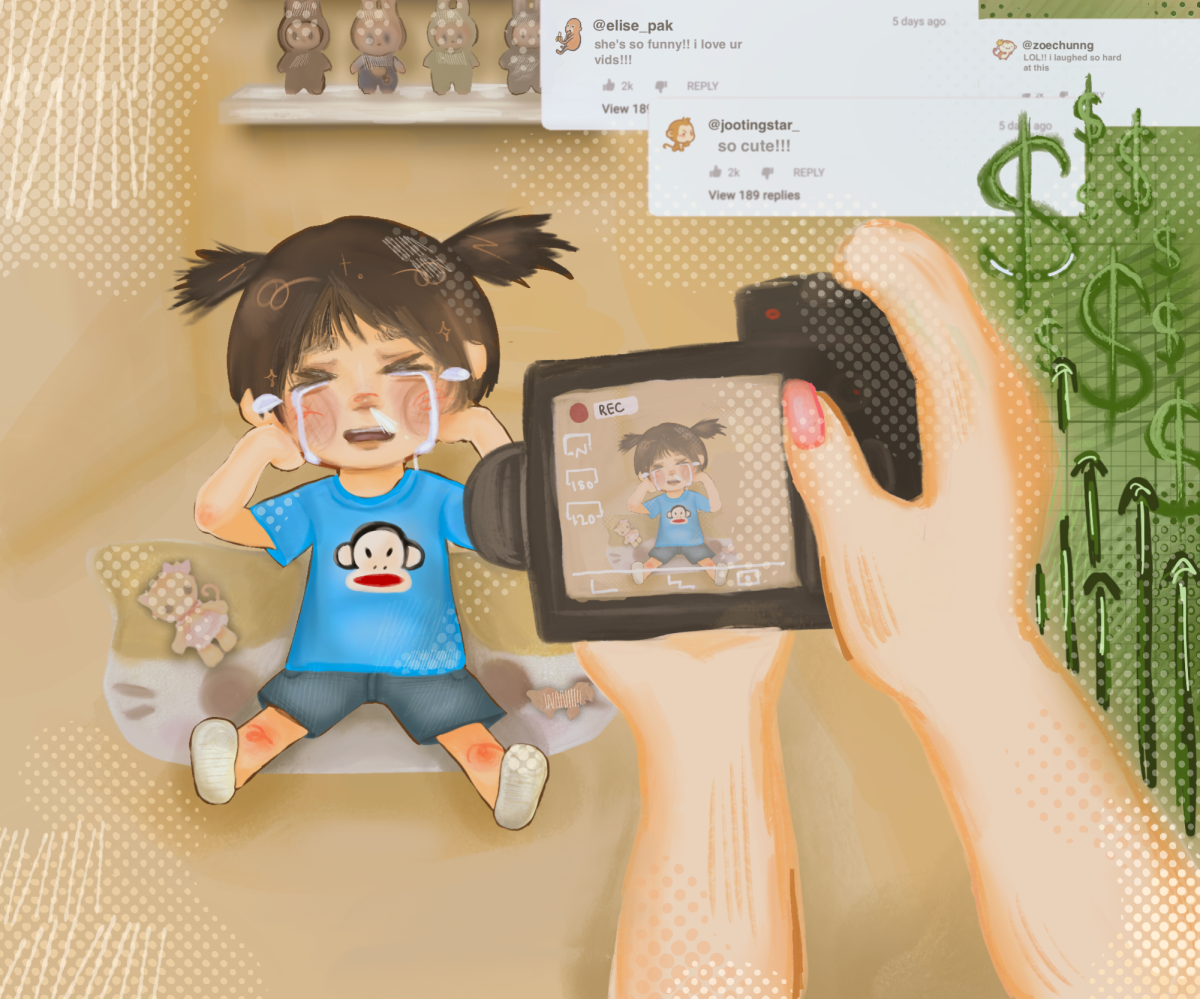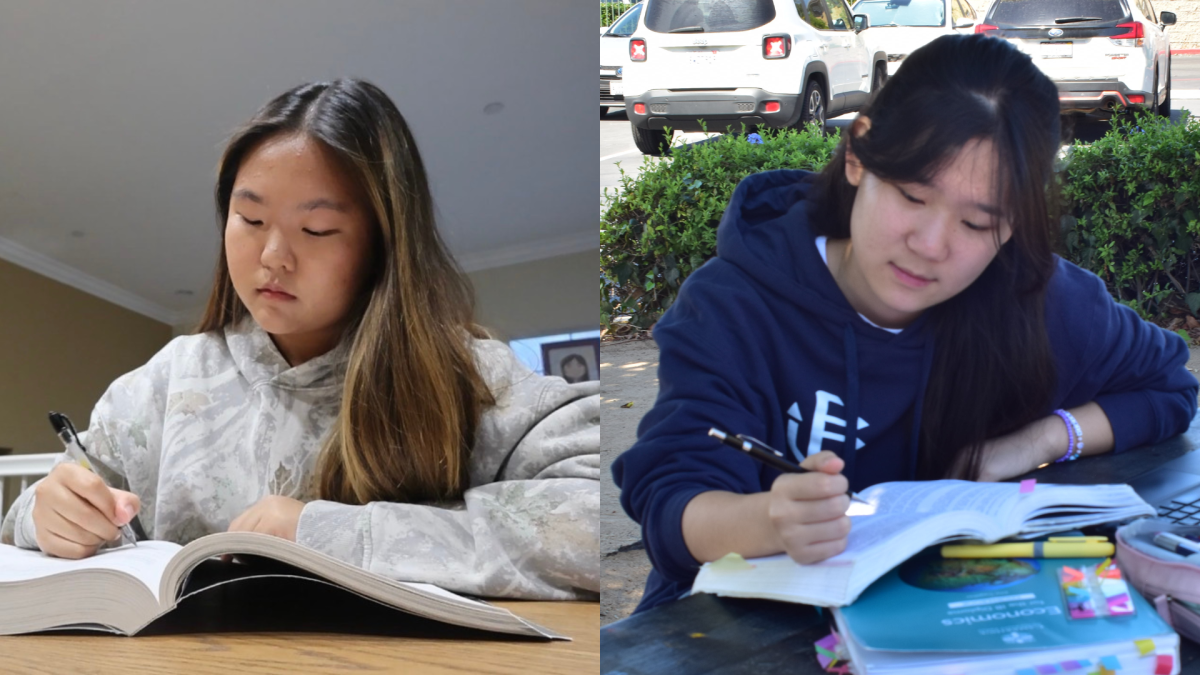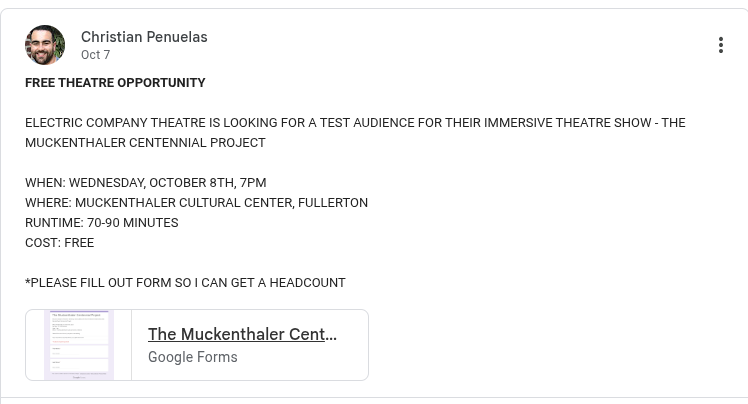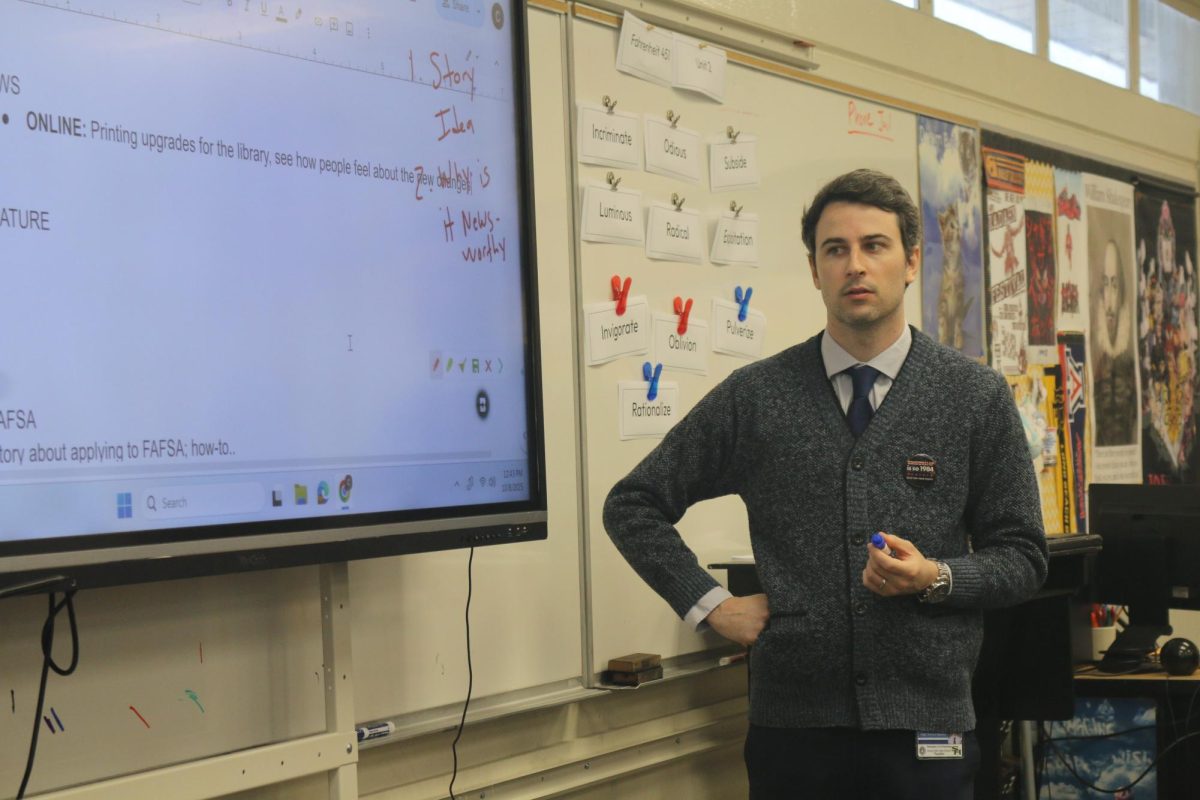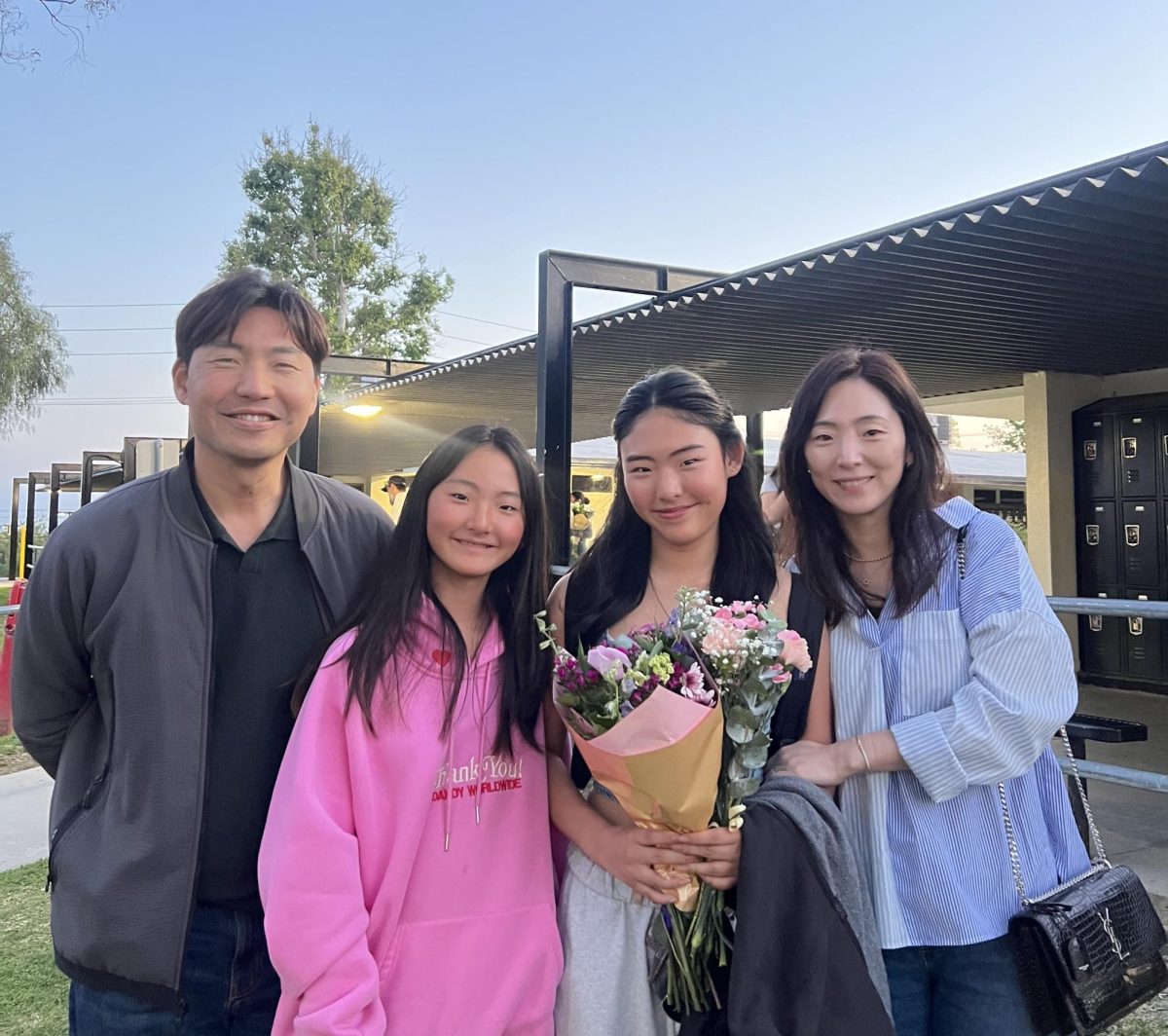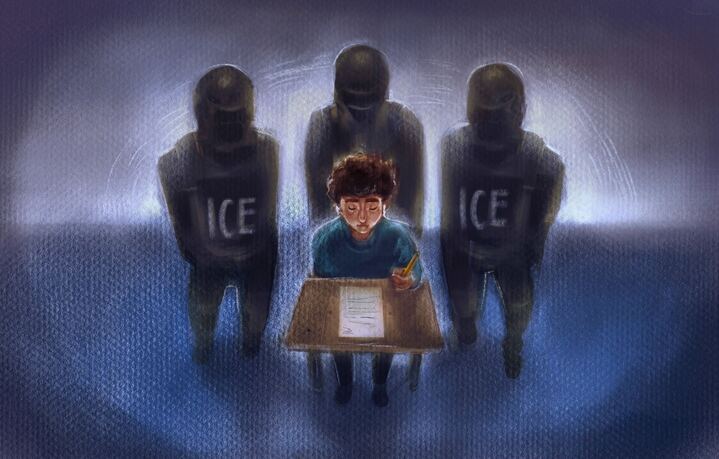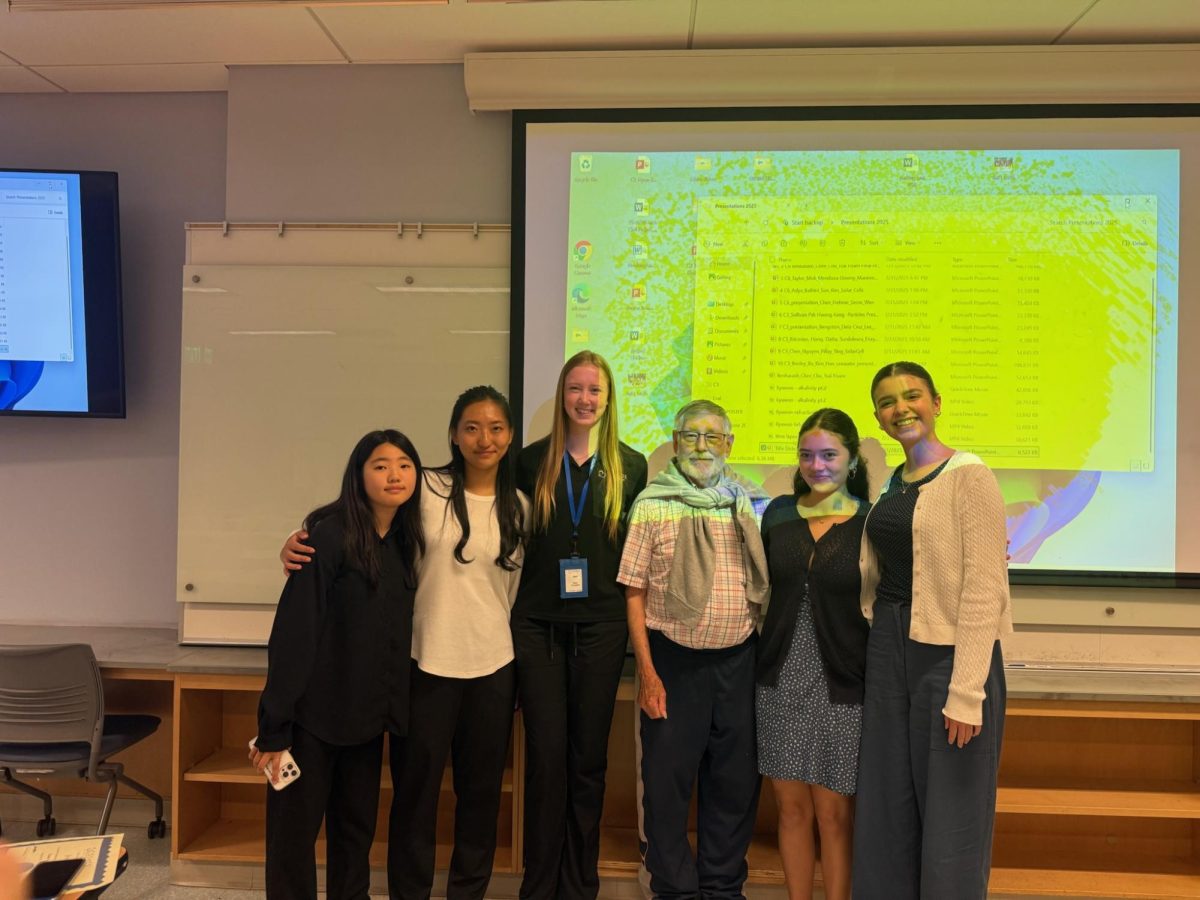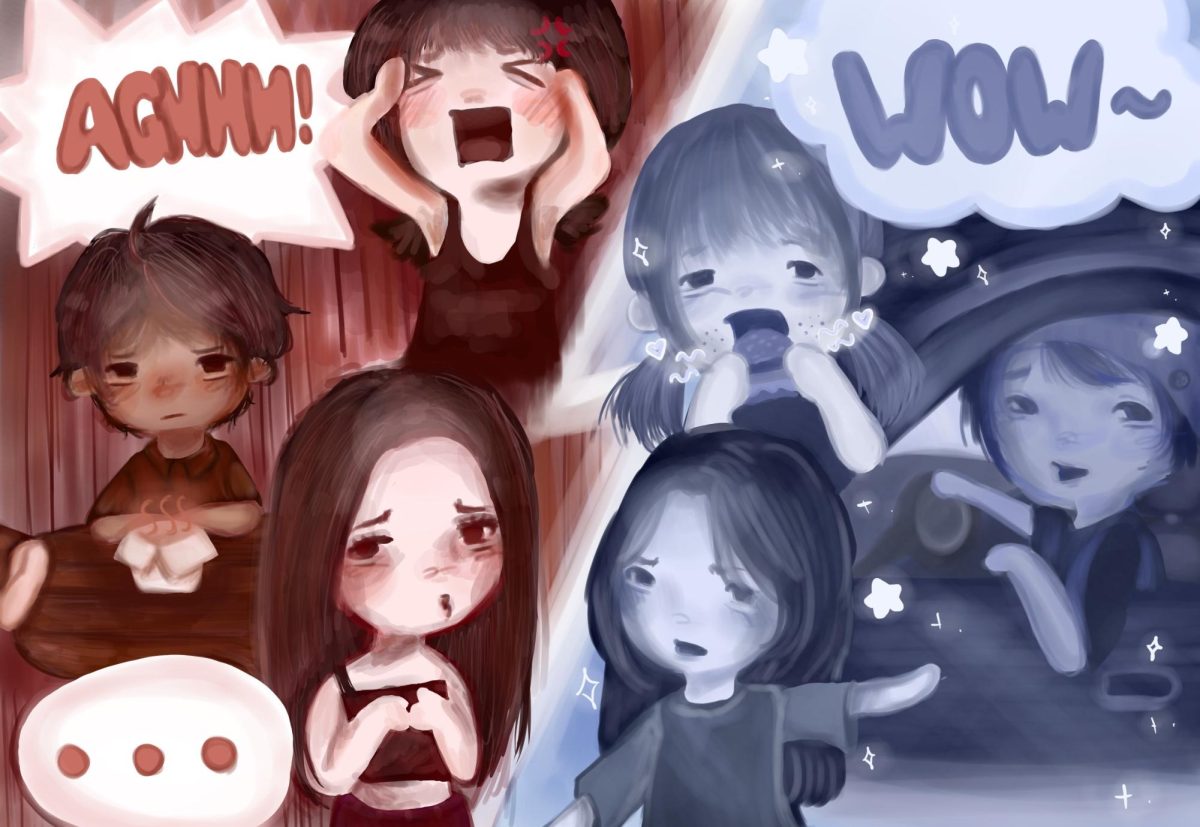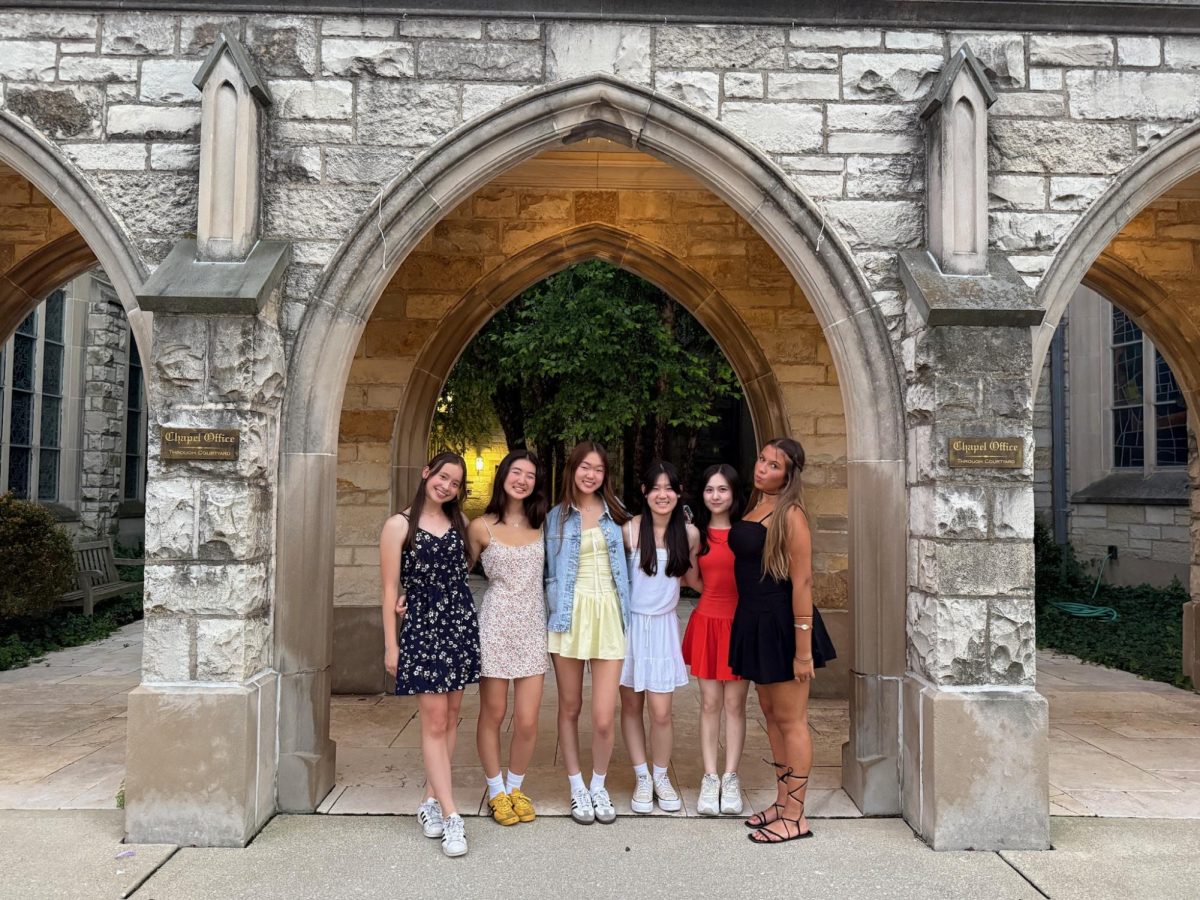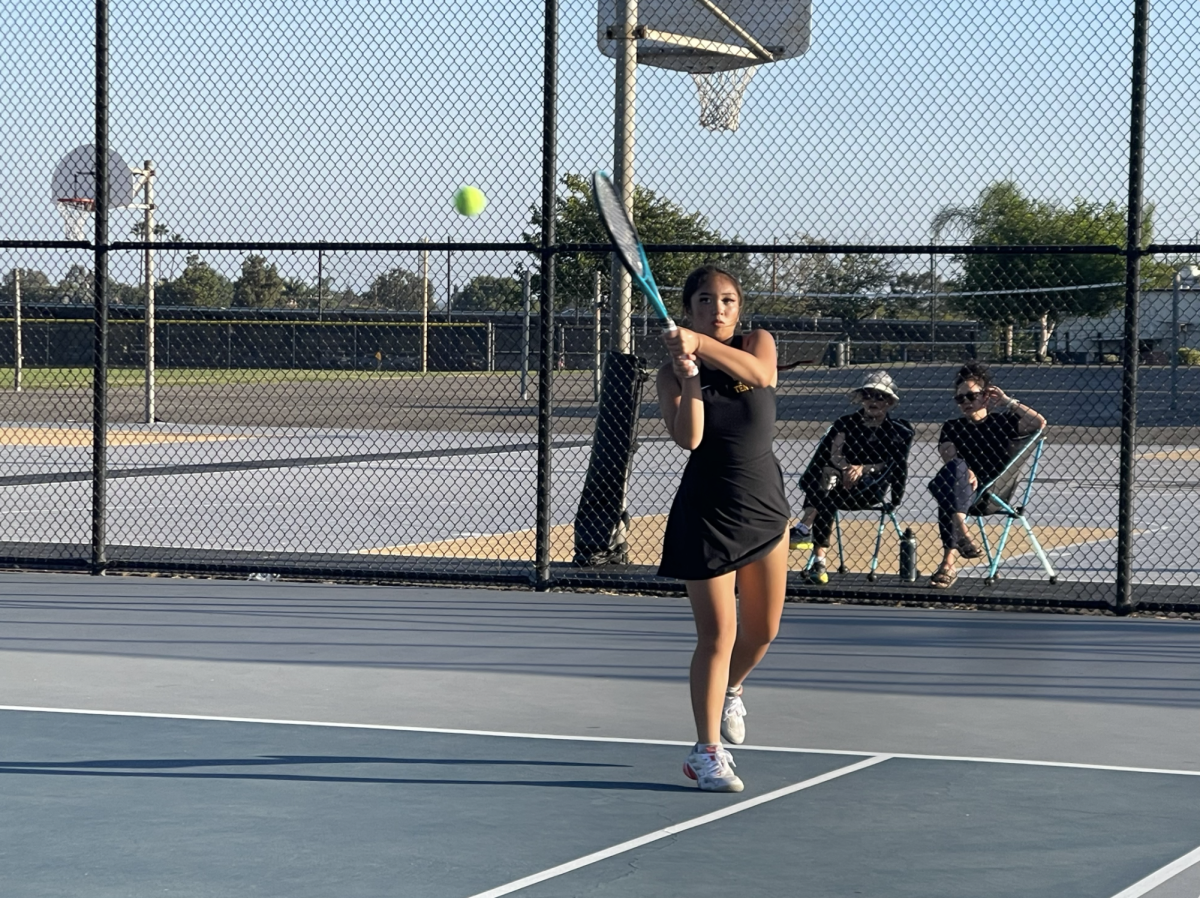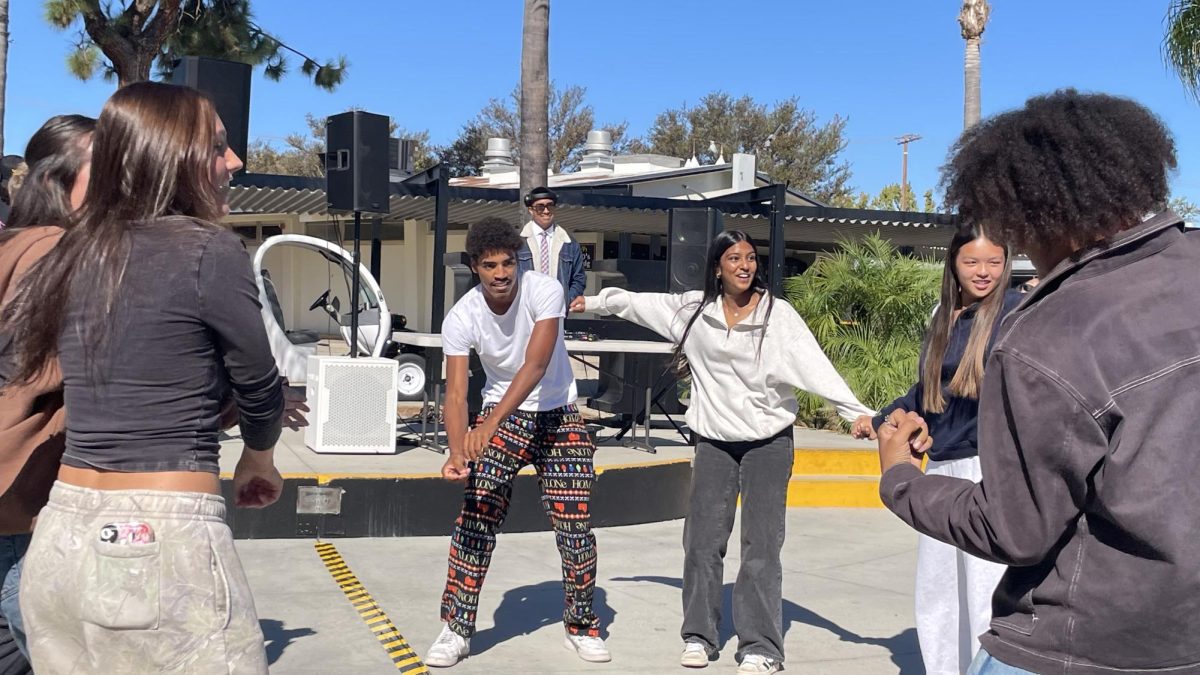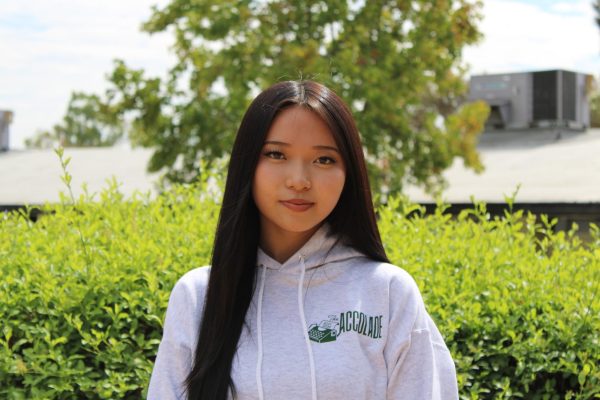Before some children even graduate elementary school, their faces are already thumbnails.
Their laughter becomes a reel.
Their tears are monetized.
A childhood should be safe. Ordinary children should not have to worry about their parents documenting every emotion they feel and every move they make for the world to see.
But for some, it even becomes a stage where every tantrum is content and every milestone is a paycheck. For kids of content creators and family vloggers, growing up is a performance. Turning children into content is not entertainment — it’s exploitation, and a harmful practice that must come to an end.
According to the University of Cincinnati Law Review, many content creators take advantage of their kids for social media clout and money. In doing so, they damage their children’s well-being by exposing them to online harassment and stripping them of privacy, which can lead to anxiety and lasting emotional distress. Some families cross moral and ethical lines, sacrificing a child’s happy upbringing for views and likes.
The ACE Family, formerly led by now-divorced couple Austin McBroom and Catherine Paiz, is a prime example of this exploitation. Their name is an abbreviation for the first initials of the parents and their eldest daughter, Elle.
According to a July 12, 2023, Business Insider article, the couple’s YouTube channel and Instagram accounts center on their three children: Elle, Alaïa and Steel. The family’s videos receive millions of views — their most popular one has 23 million. A YouTube video posted by the channel Cruel World Happy Mind further revealed that the parents routinely film their children in everyday situations. The constant presence of cameras raises ethical questions about consent and privacy.
By turning their kids’ daily lives into content, McBroom and Paiz not only monetize their experiences but also invest the profits into lavish luxuries such as cars and jewelry. They even created a brand called Silly Juice, furthering this exploitation by creating merchandise marketed towards kids. The brand’s website no longer exists, and the reasons for its shutdown are not available to the public.
Moreover, despite their on-camera presence, no public records reveal that the children received any compensation for their “performances,” raising questions about transparency in family vlog earnings.
Unlike child actors, who are protected by labor laws ensuring fair wages and regulated working hours, YouTube offers no such regulation: an Aug. 25, 2022, WIRED article reveals the Fair Labor Standards Act and Coogan Act “have not been updated to address the nuances of child influencers, leaving many without proper legal or financial protection.” This lack of legal security places children of vloggers in a dangerous position, where their work is unregulated and their well-being is overlooked.
Similarly, the case of YouTube mogul Piper Rockelle underscores how child influencers can be placed in precarious situations disguised as beneficial opportunities.
Rockelle rose to fame through prank videos, dances and other social media content of that nature. Her most popular video received 50 million views. She and other members of her “Squad” were frequently filmed and directed by her mother, Tiffany Smith.
According to an Oct. 10, 2024, LA Times article, eleven former child content creators filed a lawsuit against Smith, alleging emotional abuse and sexual exploitation.
The lawsuit claimed the kids were pressured to perform in videos and were not adequately compensated for their work. Smith denied these allegations. The case, where Smith was not convicted by a jury, was settled out of court in October 2024 for $1.85 million, highlighting the serious concerns regarding the treatment of child influencers.
This situation is further explored in the Netflix documentary series Bad Influence: The Dark Side of Kidfluencing, which delves into the experiences of some former “Squad” members and how they were abused emotionally, physically and sometimes sexually. These kids were clearly put under immense pressure to perform for content at an age where they had little control over their own lives. Even if parents claim it’s for opportunity, the reality is that childhoods are being exploited, and the children have to suffer psychological and emotional trauma.
Despite many of the “Squad” members leaving the channel — such as Symonne Harrison, Sawyer Sharbino, Sophie Fergi, Gavin Magnus, Hayden Haas, Corinne Joy, Walker Bryant, Connor Cain, Lev Cameron, Jentzen Ramirez, Elliana Walmsley, Claire RockSmith, Indi Star, Ayden Mekus, Jenna Davis, Donald (“Donlad”) Dougher and Ruby Lightfoot — the effects of their childhood social media exposure undoubtedly left them with emotional scars. Even after the videos stopped, these victims lost privacy and left a digital footprint that will exist forever.
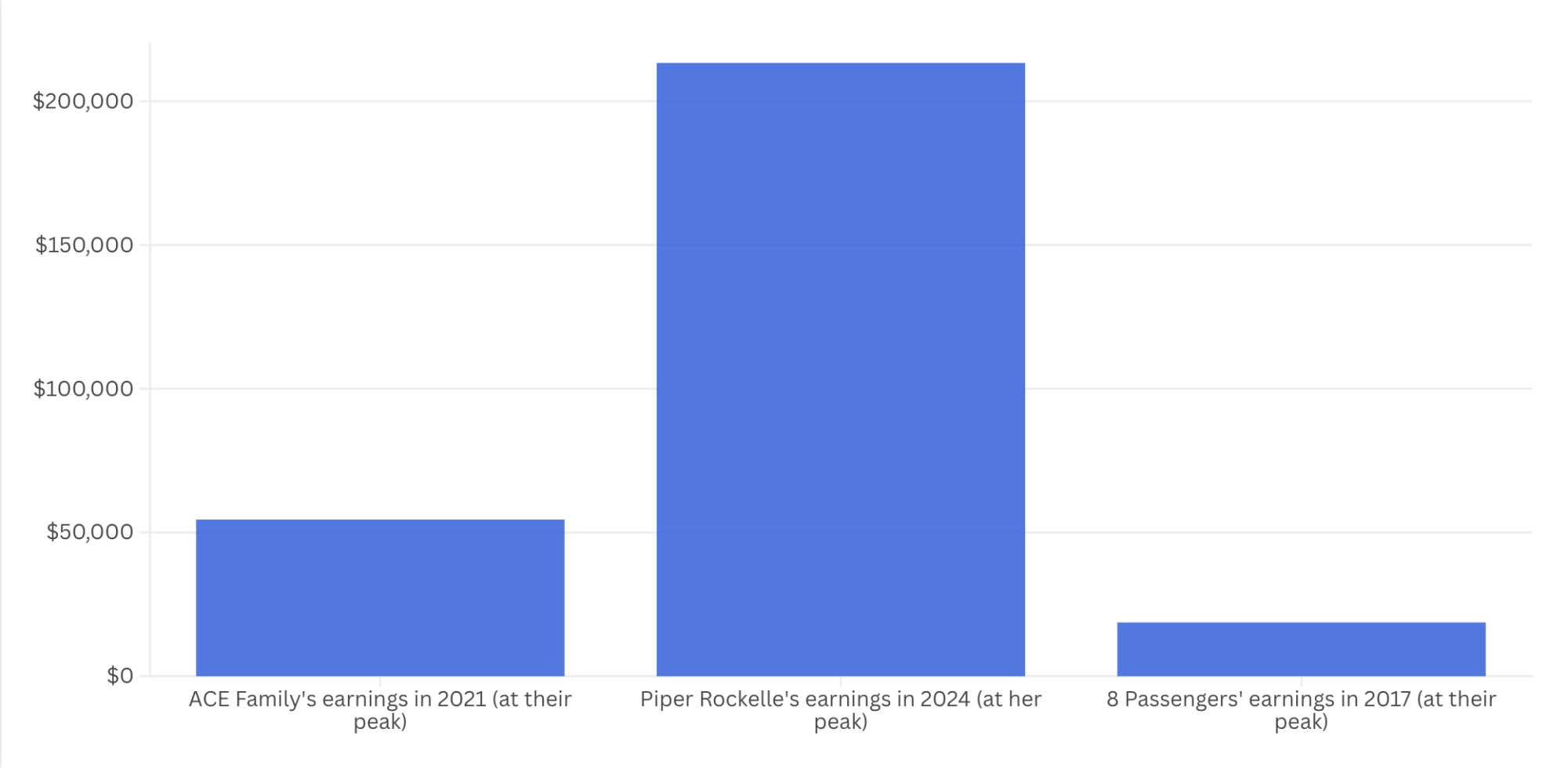
Yes, filming children for social media damages the kids involved, but it can even affect families who consume this content.
The 8 Passengers YouTube channel — which amassed approximately 2.5 million subscribers before it was deleted — is a prime example. According to a Dec. 13, 2023, AP News article, the channel featured six children, their father and their mother, Ruby Franke, who gave parenting advice in her videos.
Franke publicly shared parenting decisions such as prohibiting her oldest son from his bedroom for seven months as a consequence of pranking his younger brother, declining to bring lunch to a kindergartener who forgot it at home and threatening to destroy a young girl’s plush toy as punishment for cutting household items.
Additionally, an Oct. 11, 2021, article from The Wrap revealed cameras were shoved in the children’s faces around the clock, even as they frequently pleaded for them to be turned off.
Franke’s casual showcasing of these parenting tactics demonstrates the normalization of unhealthy parenting online. By framing extreme punishments as everyday discipline, the mother turned what should have been private moments into entertainment for millions. This not only desensitized viewers to harmful behavior but also conveyed a message for what parents may view as acceptable to share in pursuit of online attention.
Childhood is not content. Laughter, tears and milestones should not be monetized. When parents surround their kids with cameras in what is supposed to be the safety of their homes, the cost is paid in lost privacy, stress and trauma — a price no paycheck or amount of likes and subscribers can justify.
To protect children, parents should wait until their kids are old enough to understand what social media means and give genuine, informed consent to being filmed. It’s time to put children first by setting clear regulations and holding parents accountable for raising their kids for online consumption.


